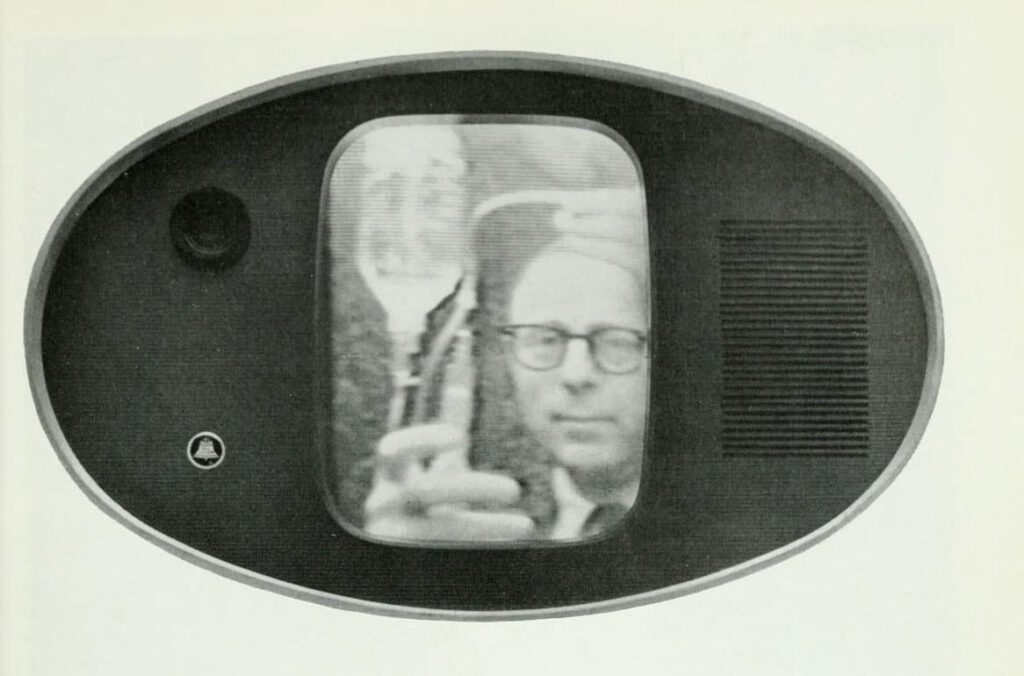About a week ago I published a post talking about ChatGPT and what it might eventually bring. If you aren’t familiar with what ChatGPT is, I encourage you to check out that post first and then come back here.
In the week since then, usage of ChatGPT has continued to skyrocket, but now we’re also starting to see a handful of great applications taking advantage of that technology. Here are a few of my favorites so far, all of which are simple browser extensions for Chrome.
One of the big thoughts around ChatGPT is wondering how it will affect Google in the future. Why dig into a list of links from Google when you can just get the full answer from ChatGPT? It’s not there yet, but it’s not too far off either. For now, you can just do both at the same time with this extension! Once loaded, every time you run a search on Google, it’ll run the same query through ChatGPT and give you those results as well.
This one is a bit simpler. Rather than going to the ChatGPT site to run your queries, it just puts a little icon in your toolbar that will pop up a small window for quick searches.
This is based on the core GPT-3 model (not on ChatGPT specifically), but it’s a neat integration with your email. As you reply to people, it will learn your style and you can have it write replies for you. I’m not sure I want to use that yet, but it could be helpful depending on your role. Also, while the above ChatGPT extensions are free (at least for now), Ellie only gives you two emails per day before you have to pay $20-30/mo for it.
Have you found any related extensions that are particularly useful?
